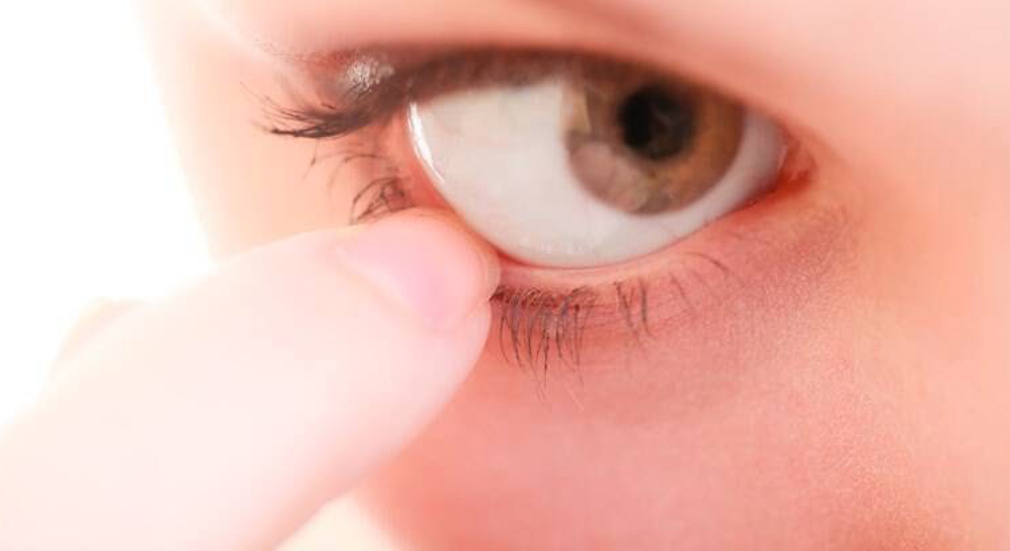Home » Blog » Why Your Eyes Water When It’s Cold Outside
Why Your Eyes Water When It’s Cold Outside
Posted by: Georgia Center for Sight

Picture this: The first chill of fall is in the air, you can finally wear that sweater you’ve been dreaming about, and the leaves are crunching underfoot. Nothing could spoil this moment…except the sudden onset of watery eyes. Why do our eyes water when it is cold outside?
Watering eyes are common as we step outside into colder winter temperatures. When cold air causes more evaporation, our eyes are left with a thinner cushion of tears that protect the sensitive surface cells. This condition can trigger a reflex that tells the lacrimal gland (the eye gland that secretes an aqueous layer of tear film) to produce extra tears. The result is that tears can flood our eyes and spill onto our cheeks.
Because our tears are due to evaporation, treatment for watery eyes is similar to dry eyes. Treatment for dry eye includes adding tears, conserving tears, increasing tear production, or treating the ocular surface inflammation.
Additional treatment for watery eyes:
Purchase over-the-counter artificial tears such as Refresh and Systane. These products supplement our natural tears and can be used as often as six times a day. There are also preservative-free varieties, which be used even more often. Apply a drop of artificial tears before you head out into the cold and wind to help keep your eyes comfortable;
Use humidifiers to improve your indoor environment;
When inside your home, decrease drafts, avoid fans, and direct heating vents away from your face. These solutions help reduce evaporation that occurs when air moves across the eyes;
Avoid cigarette smoke. Smoke can increase eye irritation;
Always wear sunglasses or ski goggles when outdoors. Be sure to retain eye moisture when outside, especially when engaging in activities where air moves quickly across your eyes, such as snowboarding, skiing, and snowmobiling;
Decrease the amount of time you wear contact lenses. Lenses can wick tears away from your eyes;
For chronic or severe dry eyes, ask our experienced ophthalmologists at Georgia Center for Sight. To make an appointment, visit our website or call your local GCFS office today.
